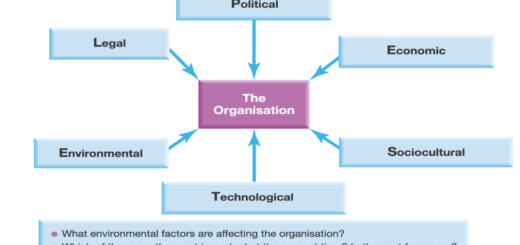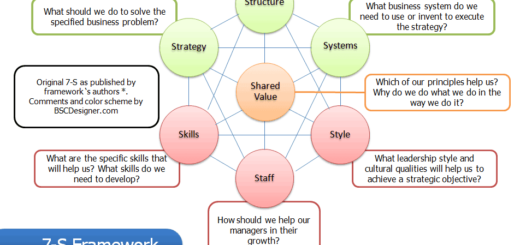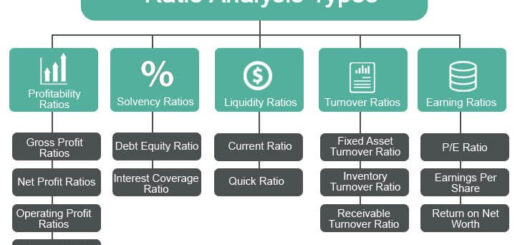Managing Changes: Key Issues
Managing changes is a complex and often challenging task that requires careful planning and execution. There are several key issues that managers must be aware of when attempting to implement changes within an organization.
Four key premises:
- Strategy matters…… in identifying the need for change and the direction of change.
- Context matters…….. the right approach to change depends on the circumstances.
- Inertia and resistance……… getting people to change from existing ways of doing things is essential.
- Leadership matters………. good leadership of change at all levels is needed.
First, strategy matters. It is important to have a clear understanding of why the change is necessary and what goals the change is intended to achieve. Managers must be able to articulate a clear strategy that explains the rationale for the change and how it aligns with the overall goals of the organization.
Second, context matters. The success of a change initiative can depend on the specific circumstances of the organization, including its culture, history, and external environment. Managers must be sensitive to these contextual factors and tailor their approach to the specific situation.
Third, inertia and resistance are common obstacles to change. People are often resistant to change and may prefer the status quo. In addition, there may be organizational systems or processes that reinforce existing patterns and make it difficult to implement new ideas. Managers must be aware of these sources of resistance and develop strategies to overcome them.
Fourth, leadership matters. Change initiatives require strong leadership that is capable of inspiring and motivating people to embrace new ideas and ways of working. Leaders must be able to communicate a compelling vision for the future and build a sense of excitement and urgency around the change.
In summary, managing changes requires a deep understanding of the organization’s context and the reasons why the change is necessary, as well as a strategic approach to overcoming resistance and inertia. Effective leadership is also essential to guide the organization through the change process and ensure that the desired outcomes are achieved.






